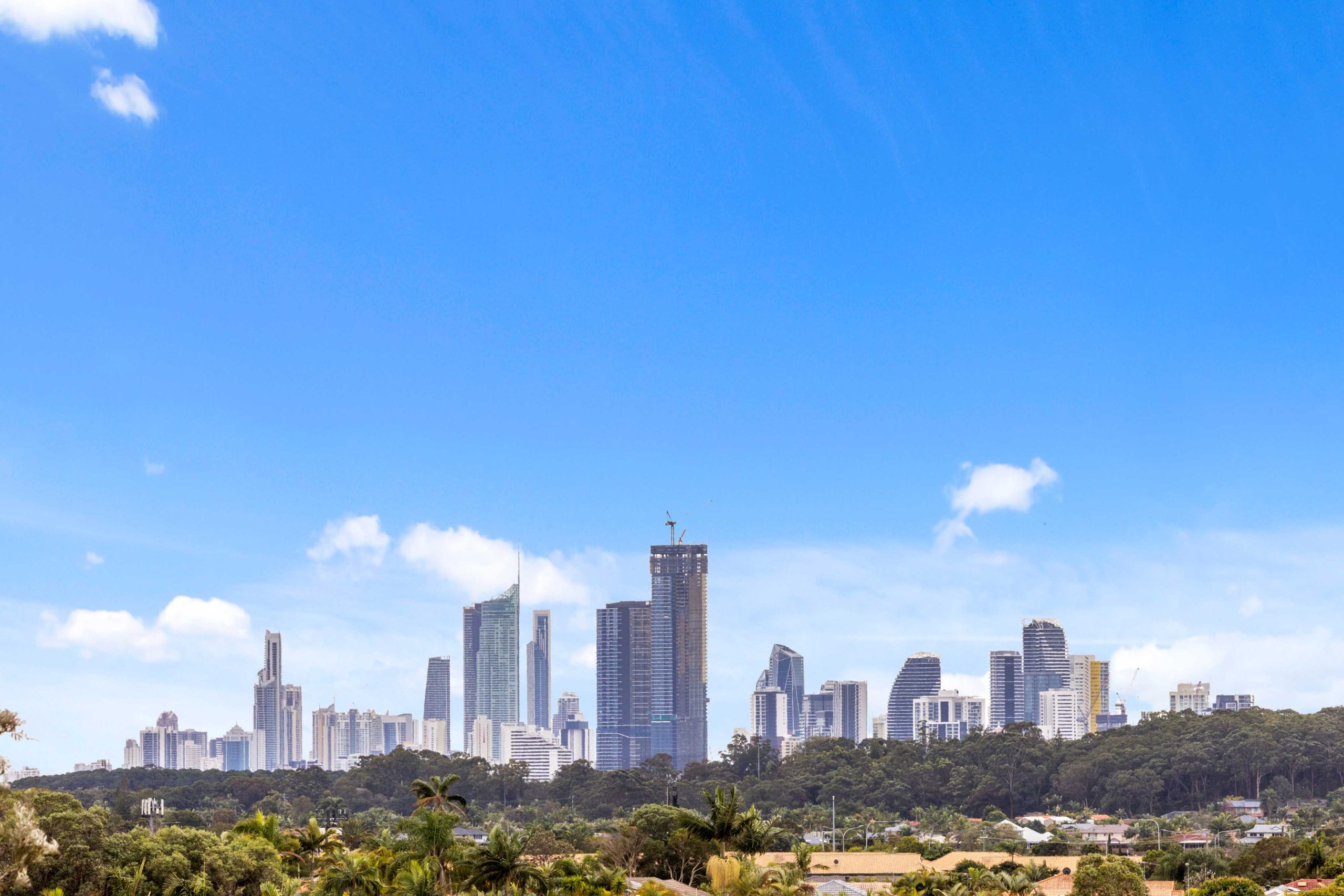Unexpected Expenses You Need To Consider As A Property Investor

While owning an investment property can be a great source of income and capital growth, there are also costs involved. Understanding your expenses when purchasing an investment property, such as conveyancing and building inspection fees, is crucial. It’s equally important to be aware of the ongoing costs of holding an investment property. Keep reading to learn about some of the unexpected expenses that come with property investment and how to prepare for them.
Mortgage repayment increases
Whether you purchase an investment property when interest rates are low or rising, it’s vital to calculate how much your repayments could increase if interest rates go up. Generally, banks use a serviceability buffer of around 3%, meaning they assess your capacity to make repayments at both the current rate and a rate up to 3% higher.
If your disposable income is on the lower side, you may want to seek properties with a higher rental yield, as this can help cover some of the mortgage repayments. Alternatively, if you have a higher disposable income, you could target properties that offer capital growth potential, even if their rental yield is lower. The option you choose should be based on tailored financial advice.
Maintenance and repairs
Regardless of the age of your property, repairs and maintenance are inevitable. Setting aside a buffer to cover any jobs that arise is always a good idea. This not only helps ensure routine tasks are addressed promptly, but it also reduces stress when unexpected repairs are needed. A helpful guideline is the 50% rule, where you set aside 50% of your rental income to cover operating costs like property management fees, taxes, insurance, and maintenance.
Insurance
Landlord insurance is essential, covering both the building and potential issues like tenant damage or unpaid rent. Additionally, income protection and life insurance could be valuable, providing a safety net if you’re ever unable to earn income to cover the mortgage. Speaking with a financial adviser will help you determine the best insurance cover for your needs.
Strata fees
If you own a unit or townhouse, you’ll be required to pay strata fees. These fees cover the maintenance of common areas such as lifts, pools, gardens, and more. Buildings with more amenities will generally come with higher strata fees.
Property management fees
Hiring a property manager can ease the day-to-day responsibilities of owning an investment property. A skilled property manager should be an expert in the local market and ensure your property is well-maintained and compliant.
The level of service you receive often depends on how much you’re willing to invest in property management. Since this is a tax-deductible expense, it can be worth investing in an expert manager who provides high-quality service, especially if they help secure reliable, long-term tenants and keep your property in top shape.
There are lots of expenses associated with owning an investment property. With some planning, you can make sure you have enough funds set aside to cover any unexpected expenses. To make sure you also have the right insurance coverage to protect you and your assets, speak to a financial adviser for tailored advice.
Remember, this article is general in nature and is not financial or legal advice. Please consult your professional financial and legal advisors before making any decisions. If you have any questions or would like to chat about how Your Property Team can help you with your investment property, click here to get in touch. We’re ready to help!

